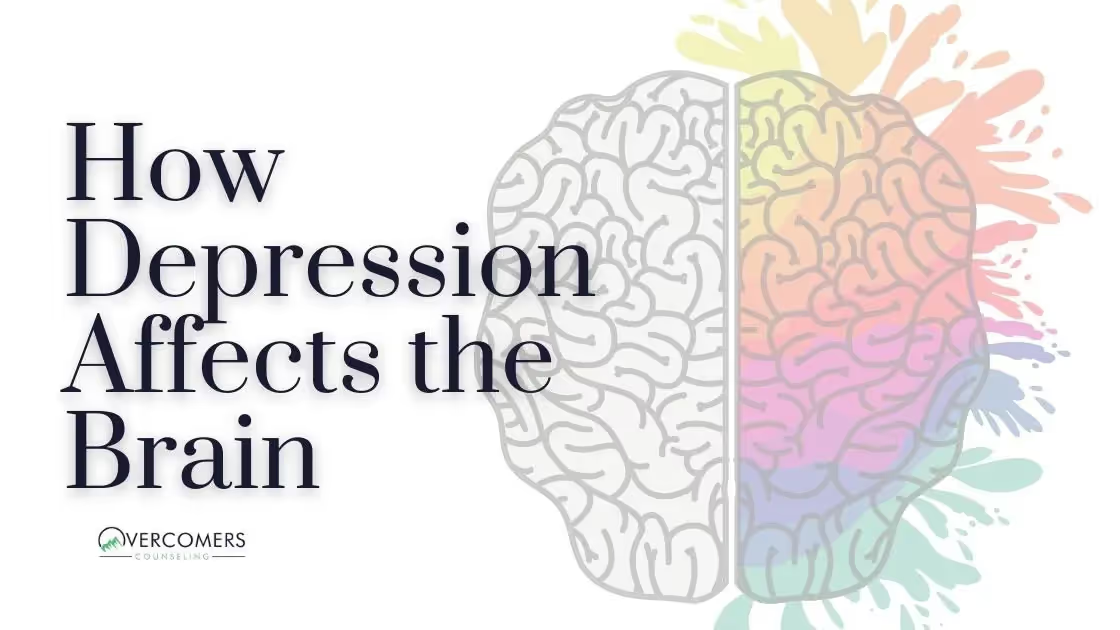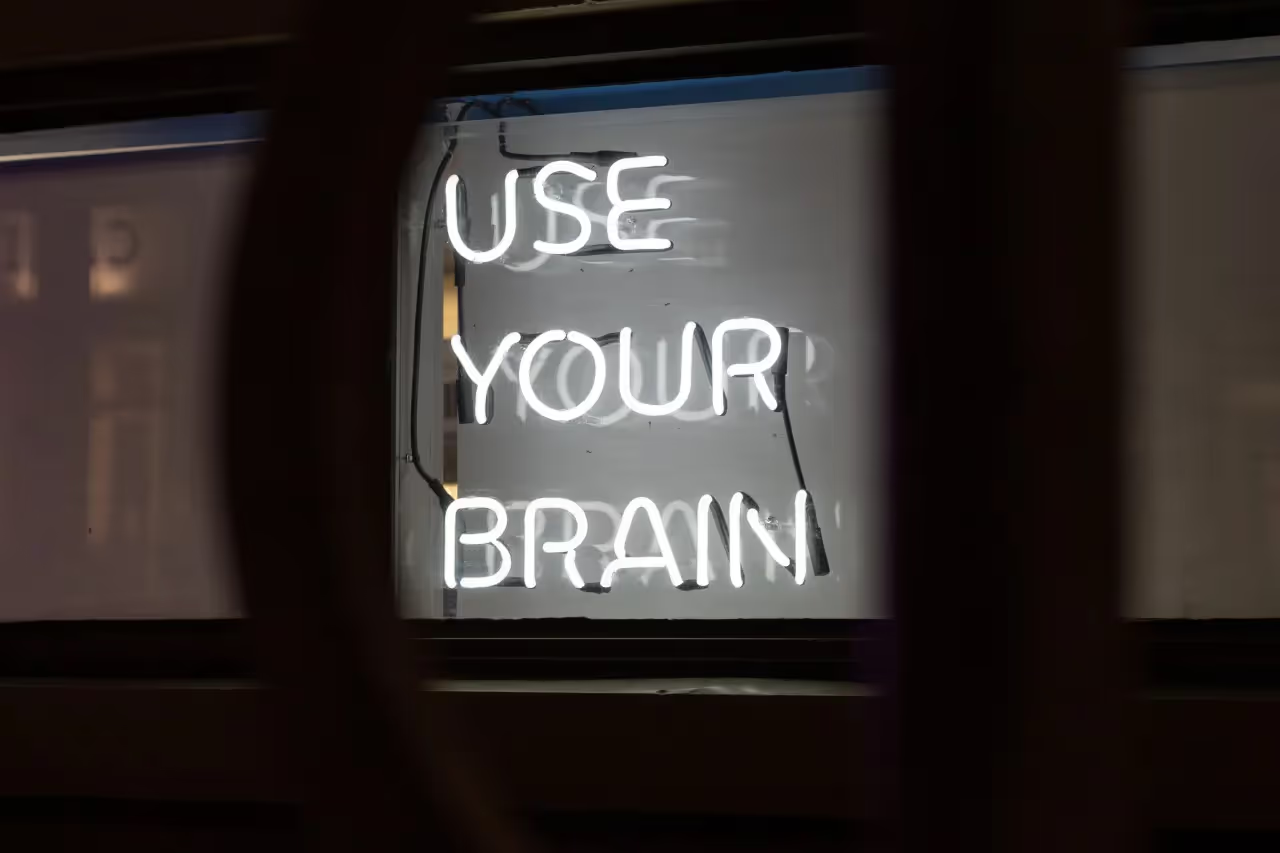There is a lot of attention paid to how depression affects your emotions, but not enough attention is paid to how depression affects your brain. feels in...

There is a lot of attention paid to how depression affects your emotions, but not enough attention is paid to how depression affects your brain. feels in your brain. The mental effects of depression can be just as devastating as the physical or the emotional ones.
It is estimated by experts that up to 16.2 million adults suffer from depression.
While people who suffer from depression report psychological differences, they may be unaware of how depression affects the brain physically.
Depression can affect the physical structures of the brain. These changes may include brain shrinkage, inflammation, and oxygen loss. They happen because the brain is the control center of your central nervous system.
There are new studies emerging about how depression affects the brain. Here are some of the most important, recent findings.
How Depression Affects the Brain: It Causes Inflammation
How depression affects the brain varies from person to person; however, it often causes inflammation. There are quite a few recent research findings that find a connection between depression and inflammation - and, not just in the brain.
Inflammation in the brain is most often linked to the length of time that a person has suffered from depression.
Chronic depression and long-term depression have been shown to drastically impact inflammation in the brain. People who suffer from depression for a decade typically show around a 25% increase in brain inflammation compared to those without depression.
How depression affects the brain can be serious since inflammation in the brain often leads to other issues in the brain, such as a loss of neuroplasticity (the natural ability of the brain to change) and decreased neurotransmitter function (the natural ability of your brain to communicate).
How Depression Affects the Brain: Loss of Oxygen
Loss of oxygen is another effect of how depression affects the brain.
In fact, like inflammation, oxygen loss related to depression can affect your whole body, not just the brain.
It is unclear why this happens.
Although, many researchers speculate that it might not be how depression affects the brain, but how depression affects your breathing. People who are depressed may take more shallow breaths, leading to loss of oxygen in the brain and the rest of the body.
Lack of oxygen to the brain is called hypoxia which can affect the health of your brain cells, or lead to brain cell injury. Hypoxia has been connected to several mental illnesses other than depression, including bipolar disorder.
The outward signs of hypoxia are mental confusion and short-term memory loss.
Fortunately, taking deep breaths can alleviate this. Other activities which focus on breathing like yoga or meditation can also be useful in combating hypoxia.

How Depression Affects the Brain: It Can Shrink
How depression affects the brain can also be physical.
Research has shown that people who experience depression have smaller regions in their brain than those who do not.
This means that your brain can shrink in actual size. The full effects of such shrinkage is unknown.
However, the latest research has pinpointed a few parts of the brain which are affected by depression.
The parts of the brain that might shrink due to depression include,
The devastating effect of how depression affects the brain means that when these parts of the brain shrink, so do the abilities associated with that part.
How depression affects the brain manifests most clearly in how well it functions.
In addition to the physical effects described above, the negative effects of depression on the brain can decrease its ability to function.
This means that how depression affects the brain can result in persistent dysfunction in attention, mood, memory, executive function, emotional regulation, and more.
Your ability to pay attention to tasks or get things done may be affected by the experience of depression.
These effects could trickle down to your ability to function properly as they directly impact things like memory, mood, ability to learn, and ongoing brain development.
This can be especially devastating to people who are young enough that their brains are actively developing.
Neuroscientists believe that the brain does not become fully developed until around age 25.
This means that people who develop depression before that age may see long-term damage because of how depression affects the brain.
Although depression affects the brain when suffered after being fully developed can lead to cognitive decline. Particularly, in older people who have suffered from depression for decades: the loss of neuroplasticity can lead to dementia or other forms of age-related mental decline.
Depression's effects on the brain - no matter what your age - can manifest in symptoms like memory loss, mood disorders or unstable moods, and learning disabilities.
How depression affects the brain can be very serious.
If you think you're struggling with depression, it's important to get the help you need.
Getting treatment is the best way to avoid any long term-damage because of how depression affects the brain.
While medication is not always required for managing depression, it can be beneficial in some cases. If you decide that medication is right for you, medications such as antidepressants work by balancing certain brain chemicals involved in regulating moods. Other options include mood stabilizers or antipsychotic drugs which may also prove helpful for certain individuals struggling with symptoms of depression.
Therapy provides many benefits for people battling depression. Research has shown that cognitive-behavioral therapy (CBT) is particularly effective in managing depressive symptoms. In addition, therapy can teach healthy coping skills and provide emotional support during difficult times. It may also be used as part of a comprehensive treatment plan which includes medication as well as lifestyle changes such as regular exercise and improved nutrition.
Addressing depression is crucial because it can significantly impact your quality of life, overall well-being, and ability to function in daily activities. Left untreated, depression can lead to more severe mental health issues, relationship problems, and physical health complications.
The duration of depression counseling varies for each individual, depending on the severity of their depression and their progress in therapy. Our therapists will regularly assess your progress and adjust your treatment plan as needed.
There are many helpful resources available, including support groups, online forums, books and websites dedicated to mental health and wellness. Connecting with other people struggling with the same issue can be especially beneficial. Additionally, talking to a trusted friend or family member can provide much-needed social support during difficult times.
Yes! There are many effective natural remedies that may be beneficial in managing depressive symptoms, such as participating in regular physical activity, changing your diet, getting adequate sleep, practicing relaxation techniques like yoga or meditation, journaling about your feelings/thoughts/emotions, seeking out social activities/support groups with other individuals struggling with similar issues